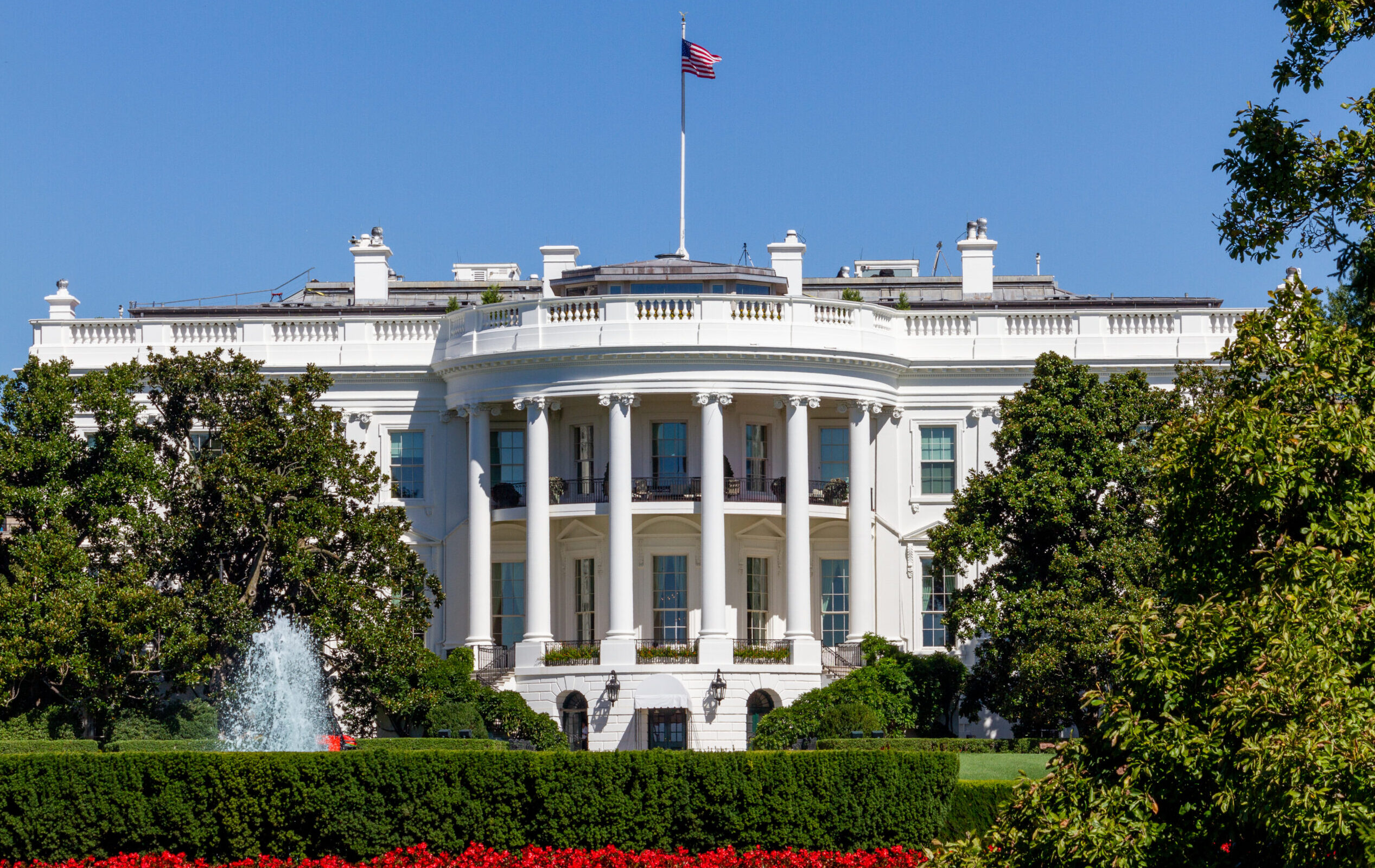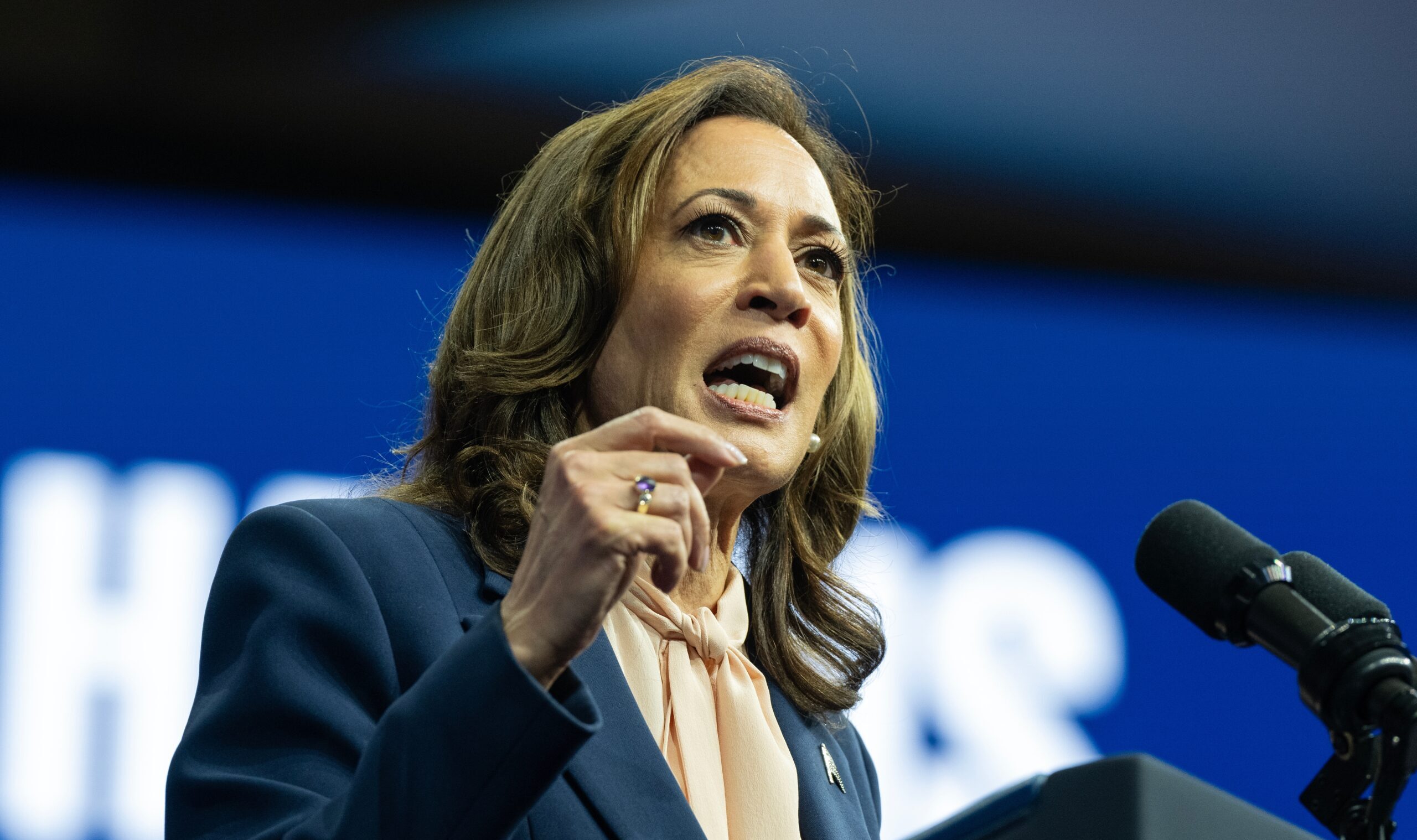
This article was originally published on Washington Examiner - Immigration. You can read the original article HERE
The largest police department in the nation hit a record in 2022 that no law enforcement agency wants to hit.
Suicides among border agents and customs officers at the 65,000-person U.S. Customs and Border Protection soared to 15 in 2022 — more than any year on record and just as the southern border descended into chaos as 2 million migrants crossed that year.
In the two years since then, the federal agency has overhauled its approach to mental healthcare for employees, and CBP has begun to see a decrease in suicides that it attributes to the work it has put in behind the scenes, said Pete Jaquez, the CBP official overseeing employee wellness and resilience, during a conversation with the Washington Examiner.
In 2023, suicides dropped to eight. As of early October, seven CBP employees had taken their own lives this year.
Jaquez, CBP’s executive director of Workforce Care, said the organization has shifted to a more proactive rather than reactive approach to mental health, addressing problems upstream instead of once in crisis or after an employee death.
“We’re removing the stigma of asking for help as a negative. We’re removing the stigma of saying that having a mental health issue is a career-ending issue because this is what we believe — mental health injuries are like physical health injuries,” said Jaquez. “You have to get treated, and you have to get rehabilitation to get better.”

The National Border Patrol Council was involved in conversations about what needed to be reformed, and, according to national president Paul Perez, processes have, in fact, changed to help employees.
“The agents that are aware of the available help … I think they’re more likely now to seek help,” said Perez. “Now that they know there’s options out there, now that they know there’s job protections, I think they’re more likely to get that help. And if seeking that help is beneficial and they know that there is not going to be that stigma associated with it, it can definitely save lives, and maybe it has.”
How we got here
Between 2007 and 2022, CBP saw an average of 9 to 10 employees die by suicide per year.
In 2021, CBP hired a “suicidologist,” making it the first civilian government agency with such a position. Dr. Kent Corso, a clinical psychologist, led an assessment of the organization’s culture and then made recommendations and changes.
Within months of Corso’s addition, the state of the southern border shifted. The roughly 60,000 migrants apprehended monthly trying to enter the United States from Mexico in the final months of 2020 tripled and quadrupled.
Agents previously lamented in interviews with the Washington Examiner that they felt disregarded by the Biden-Harris administration. One-quarter of agents have left the Border Patrol, a sub-agency within CBP, since President Joe Biden’s election in November 2020.

In 2022, suicides across CBP hit their highest level in the agency’s two decades.
Corso maintained in a 2022 interview with the Washington Examiner that the situation at the southern border was “in no way” the cause of suicide, and without violating the privacy of former employees, said the deaths were primarily family- and relationship-related.
However, in a September hearing before the House Homeland Security Committee, recently retired San Diego Border Patrol Chief Aaron Heitke testified that suicides were “directly correlated with the migrant surge.” Heitke said agents had been “pushed beyond their limit, and this has greatly impacted their physical and mental health.”
Jaquez validated the difficult work that employees do, specifically Border Patrol staff who hear horrific stories and see tragedy daily. Border Patrol agents at the southern border have intercepted more than 7 million migrants under Biden.

“There are critical incidents that our agents are seeing every single day, and they’re internalizing. And so what can we do to help them cope with this stress?” Jaquez asked.
Behind the scenes, Corso, Jaquez, and their team were beginning to make changes.
Suicidologist departs, but mental health work continues
Corso shared with the Washington Examiner that he departed CBP in May after 38 months at the agency’s headquarters and laying the foundation for CBP’s new approach to employee wellness.
Corso said in a message that his departure was “amicable” and his own choice, adding that he never wanted to be a long-term government employee.
“When I started at CBP, I knew it was critical to help change the culture. I recognized we needed to reframe how leaders think about stress, wellness, and suicide in order to make short and long term culture change,” Corso said in the message. “It was critical to help the leaders develop strategies of decreasing stigma about help seeking, increasing how they care for their people and helping them learn to balance the intense demands of CBPs mission with the realities of managing human beings.”
CBP has shifted its focus to proactively addressing mental health and personnel wellness.
“What can we do to help an employee identify and address those issues,” Jaquez said. “You know, is it a financial hardship? Is it domestic issues? Is it alcohol and substance abuse, or is it mental health issues where an employee doesn’t feel that they can come forward and ask for help without reprisal.”

Unlike the military, CBP does not have a medical or mental healthcare system where it can triage employees who request counseling, addiction care, or other help.
For years, CBP’s Human Resources Management has handled both disciplinary and mental health matters under its Wellness and Resilience division. Corso and Jaquez realized that had to change in order to help employees realize they might need help and then make employees feel comfortable getting help.
One of the first big changes was taking workforce care out of the HR office and establishing an independent office called the Workforce Care Directorate in 2023. The directorate would have a direct line to the executive office at headquarters rather than being housed within an office and buried in government bureaucracy.
Reforming antiquated systems
CBP worked with the two unions that represent employees, the NBPC and National Treasury Employees Union, to incorporate what employees across Border Patrol, Air, and Marine Operations, and the Office of Field Operations wanted mental healthcare to look like.
Perez said the agency invested “a lot of money” in changes and that the union’s recommendations, which were all based on personal experience as agents and union members’ ideas, helped remake CBP’s processes.
Under Corso, CBP created and assigned operational psychologists and resilience specialists to the field to help staff in person, in real-time.
“They’ve brought on licensed clinicians that have worked with our employees and families,” said Perez. “They not only help the employees, but they help the families.”
CBP’s clinicians, which include counselors and therapists at locations across Border Patrol stations nationwide, as well as other CBP components, keep office hours and will meet with employees or family members for appointments. Off-site appointments are also possible, and Perez said the union has facilitated arranging appointments in those situations where an agent does not want to be seen walking into a CBP facility for an appointment.
The clinicians go beyond agent chaplains and peer-to-peer support, which CBP has long relied on to support employees.
“The majority of leaders responded well to these efforts, especially senior leaders. I cannot emphasize enough how supportive Mr. Troy Miller and Chief Cary Huffman were,” said Corso. “Some managers and employees were tone deaf to change and improving how we care for each other. I expected this diversity of responsiveness- that’s human nature as well. I fully appreciate my time with CBP.”

Congress increased funding to cover the costs of employee assistance programs that refer employees to outside professional help for assistance beyond general counseling, such as connecting them with addiction help covered by their health insurance.
“Our team has helped employees get to substance treatment facilities, you know, and it would have been difficult, if not impossible, for them to even know when to start or where to start, to identify that support,” said Jaquez.
In May 2023, CBP implemented what is known as the Safe Harbor Policy. The new policy allows employees who admit they are suicidal to receive the proper help and not just be placed on desk duty.
Perez said CBP is working now to better publicize some of the changes.
“The agency did not do a good job of publicizing things like Safe Harbor or educating them — management, personnel — but I believe from CBP on down, they’ve made sure that the help is available,” said Perez.
Reaching families
Aside from directly helping employees, CBP has also expanded how it helps them, including through child care. The wellness resilience division at the directorate oversees “backup care” and has increased the cap for the child care subsidy.
Backup care is emergency care that allows an employee 10 opportunities per year to get support caring for a child, family member, or even a pet in critical circumstances so that they avoid missing work.
In fiscal 2023, which ran from October 2022 through September 2023, employees took advantage of 700 hours of backup care time, which allowed them to go to work and have a family member cared for instead of having to call out.
“This relieves a lot of stress in an employee’s life, and it also helps the organization with getting the employees at the front line because, again, our mission doesn’t stop,” said Jaquez. “People don’t understand our mission is 24/7, day and night, holidays, weekends. We don’t stop. And so we have to be very aggressive in how we provide support to our employees in order to be efficient in our job as securing the borders, right?”
Second, CBP helped employees whose household income was just above the threshold for the childcare subsidy.
A year’s worth of childcare for an infant to preschool-aged child ranged from $11,000 to $15,400 in 2022, according to the Department of Labor.
Until recently, a household income of more than $144,000 would have exempted employees from the childcare subsidy. Jaquez said the agency worked with the White House Office of Personnel Management and its own Human Resources office to boost that salary cap to $175,000.
CLICK HERE TO READ MORE FROM THE WASHINGTON EXAMINER
CBP is also trying to reach the spouses and immediate families of its employees through a Facebook page called CBP Family Connect. The website informs family members of resources available to them.
“They have made significant strides, but there remains hard work to be done as well,” said Corso. “It is a continuous process to care for our people.”
This article was originally published by Washington Examiner - Immigration. We only curate news from sources that align with the core values of our intended conservative audience. If you like the news you read here we encourage you to utilize the original sources for even more great news and opinions you can trust!










Comments